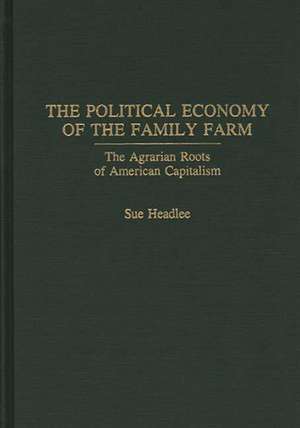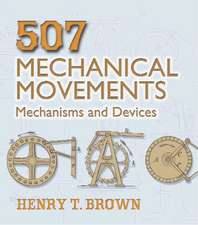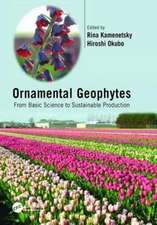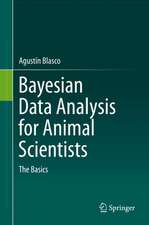The Political Economy of the Family Farm: The Agrarian Roots of American Capitalism: Praeger Series in Political Economy
Autor Sue Headleeen Limba Engleză Hardback – 29 noi 1991 – vârsta până la 17 ani
Preț: 438.07 lei
Preț vechi: 604.37 lei
-28% Nou
Puncte Express: 657
Preț estimativ în valută:
83.82€ • 87.52$ • 69.38£
83.82€ • 87.52$ • 69.38£
Carte tipărită la comandă
Livrare economică 04-18 aprilie
Preluare comenzi: 021 569.72.76
Specificații
ISBN-13: 9780275938062
ISBN-10: 0275938069
Pagini: 224
Dimensiuni: 156 x 235 x 23 mm
Greutate: 0.54 kg
Ediția:New.
Editura: Bloomsbury Publishing
Colecția Praeger
Seria Praeger Series in Political Economy
Locul publicării:New York, United States
ISBN-10: 0275938069
Pagini: 224
Dimensiuni: 156 x 235 x 23 mm
Greutate: 0.54 kg
Ediția:New.
Editura: Bloomsbury Publishing
Colecția Praeger
Seria Praeger Series in Political Economy
Locul publicării:New York, United States
Notă biografică
SUE HEADLEE is Assistant Professor in the Department of Economics at American University. She teaches economic policy in the Washington Semester Program.
Cuprins
Introduction: Debates on the Transition to CapitalismIntroduction to the Empirical StudyAttainment of Profit-Maximizing Scale as a Cause of Reaper AdoptionLabor Constraints Due to Market Forces as the Cause of MechanizationFamily Farm System as a Cause of Reaper AdoptionEconometric Analysis of Reaper AdoptionConclusionAppendix A: Estimations of the Extent of Reaper AdoptionAppendix B: Farm VariablesAppendix C: Township VariablesBibliographyIndex












